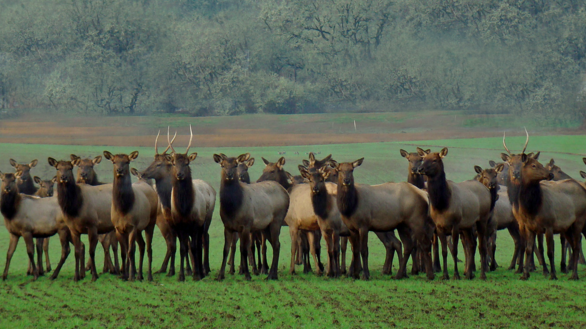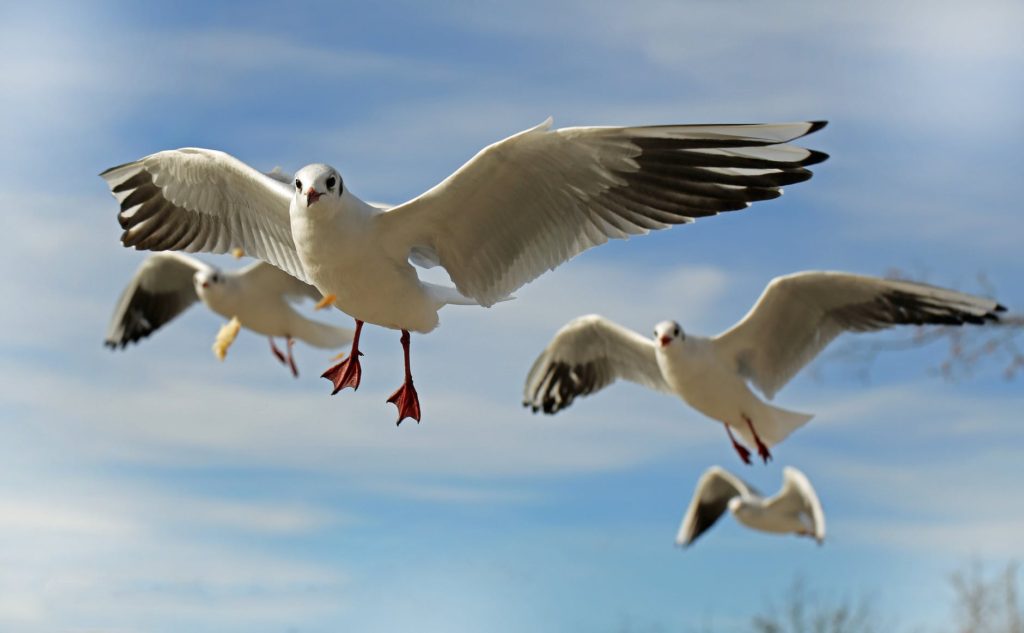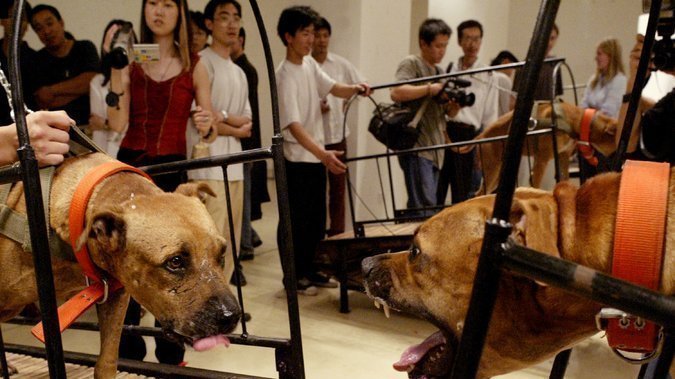Parts of Idaho has been under an elk invasion so troublesome that the massive critters have appeared inside homes and those who stay outside cause big problems for ranchers.
The problem has gotten so back that earlier this week, a group of ranchers went to the Senate Resources and Environment Committee earlier this week say the multitude of elks has threatened the economy viability of their ranches.
Iron Horse Ranch owner John McCallum told members of the Senate Resources and Environment Committee, as reported in The Capital Press, that ranchers in the area are providing 60-70 percent of the winter feed for 5,000-6,000 elk in that area.
He estimates its costing ranchers $432,000 a year for feed alone and doesn’t include the cost of crop, fence and land damage.
“You can see this has gotten to a point that we cannot run our ranches,” McCallum said.
McCallum said when 90 elk came onto his ranch in the Cold Springs and Bennett Creek areas in October 2000, “we thought this was great.”
“Now … the elk are in the thousands and they start arriving in September and stay until August,” he added.
A group of ranchers came to the Statehouse in January to speak with lawmakers about their concerns. The committee chairman, Sen. Monty Pearce, a Republican rancher from New Plymouth, told Idaho Fish & Game Department officials to work with them and find a solution.
Scott Reinecker, IFGD’s southwest region supervisor, told committee members March 12 that department employees have visited with each of the ranchers to determine the specific impacts the elk are having on their ranches.
He said the department is drafting an action plan to address the problem, which he said has been exacerbated by major wildfires in the area as well as wolves that are pushing the elk that way.
In a March 4 letter to lawmakers, IFGD Director Virgil Moore updated them about actions the department has undertaken to try to help private landowners in the Mayfield area.
The elk population will compound the problems caused by a wildlife last year, Moore said.
[It] will affect domestic livestock grazing allowances and forage availability for wildlife, exacerbating the concern about wildlife damage to private land forage and fences.”
He said the department’s draft action plan includes continuing to monitor elk numbers and big game trends in the area, developing forage enhancement cost-share projects with landowners that benefit both livestock and wildlife, and adjusting hunting seasons to increase ungulate harvests.
The plan also includes developing management strategies for each ranch and committing a dedicated employee to work directly with landowners on a day-to-day basis.
Rancher Mike Grimmett told lawmakers that fish and game’s efforts have still not addressed the issues of ranching operations. and while the talks have helped, there has been no legislative changes that will give ranchers relief.
He said it would help if the department reduced wolf numbers, fed the elk away from the main wintering areas for livestock and farms, stopped the September hunting seasons in higher elevations and provide a way for the elk to cross Interstate 84.
The elk invasion has been a problem for the past few years for Idaho ranchers and they were a big problem for one homeowner when an elk showed up inside his home.
Matthew Siegel was awakened at around 12:45 a.m. a couple of months ago when a cow elk ended up in a basement bedroom of his Hailey, Idaho home after falling through a window well.
“It’s Plexiglass and able to hold a couple hundred pounds, but obviously not a full elk,” Siegel said. “To see a full size elk standing in your downstairs living room when you get down there is something that you’d never expect.”
After hours of unsuccessful attempts to get the elk out of the home, Blaine County sheriff’s deputies and Fish and Game officers drove the elk up the basement stairs and out the front door by barricading a path with furniture.
“It took us about 2.5 hours, but we got her out uninjured,” said Alex Head, Fish and Game senior conservation officer. “The basement will need a good, deep cleaning, but we are glad it worked out as well as it did.”
h/t: Capital Press, KSN




